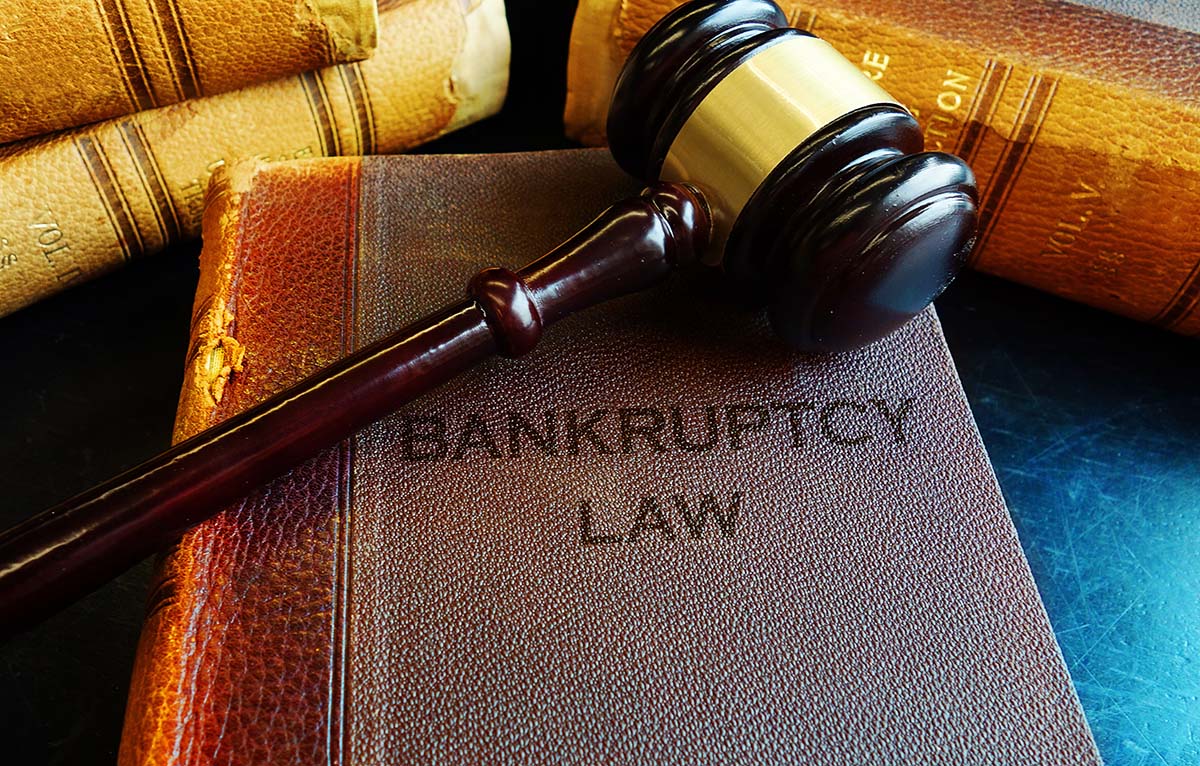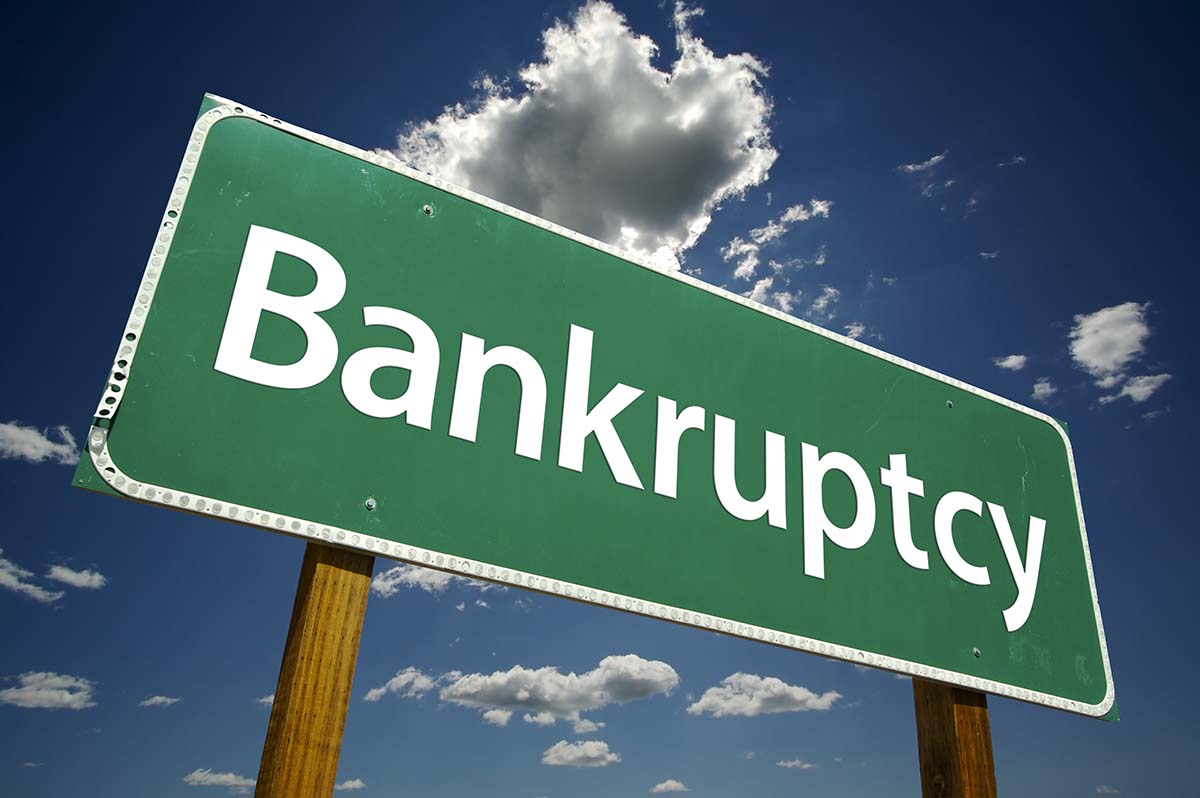When and Why Do People File for Bankruptcy in Arizona?
 What is bankruptcy? Bankruptcy is a legal process that enables you to request that your debts be reorganized or dissolved. If you’re struggling to repay your many debts, this can be a good option for resetting your finances.
What is bankruptcy? Bankruptcy is a legal process that enables you to request that your debts be reorganized or dissolved. If you’re struggling to repay your many debts, this can be a good option for resetting your finances.
Not all debt can be dissolved though. There is secured and unsecured debt. Examples of unsecured debt is credit card debt, medical bills or personal loans that you’ve taken out to purchase something.
Why to file for bankruptcy
Bankruptcy isn’t right for everyone. But for some people, it’s the reset that they need to restore their financial stability.
You should consider filing for bankruptcy if you owe more than half of your annual income, it would take more than five years to repay your debts, you’re facing using your retirement account to pay off your debt or if debt collectors are threatening to foreclose on your home or repossess your other assets.
Click here for an article on ten misconceptions about bankruptcy.
The process of filing for bankruptcy
A judge will appoint a trustee to examine your debts as well as your existing assets. They’ll use preset calculations to determine your obligations to repay your dept or to have it removed from you. This is all based off of your current income minus your living expenses and other obligations.
As part of the process, you might be required to sell your assets to pay off your debts. Before you begin the process, ask your Arizona bankruptcy attorney about what these assets are so that you can plan accordingly. You don’t want to end up with a surprise during proceedings that you must sell off assets you didn’t want to sell. Before filing, you should be comfortable selling the assets that the court might require of you.
Bankruptcy laws are federal laws. However, Arizona law does state which property is exempt from bankruptcy, including your home and some other possessions. When considering who to hire for your bankruptcy counsel, be sure that it is an Arizona attorney that is well versed in the state laws and exemptions to ensure the best possible outcome.
The good news is that the courts do not evaluate how you got into debt as far as your money management skills. It’s solely about your ability to repay that debt based on the type and amount of debt you owe.
Defining Chapter 7 and Chapter 13 bankruptcy
While there are many types of bankruptcy cases you can file, the most common two for individuals or families are Chapter 7 and Chapter 13.
Chapter 7 definition: Chapter 7 bankruptcy is the most common form that is filed. This can also be known as liquidation bankruptcy because the courts will require that you liquidate all assets that are not protected by law and use that money to pay off your debts. After liquidation, all remaining unsecured debt is discharged.
In Chapter 7, the process generally takes about four to six months and then you can begin rebuilding your credit as you regain financial health. To be eligible for Chapter 7 bankruptcy though, you must show that you qualify for discharging these debts due to low income and a true inability to pay back the money. A judge or the appointed trustee will review your full finances to make this determination.
While Chapter 7 can make it difficult to obtain a mortgage or other loan for several years, it can be a good way to reset your credit and finances if you’ve found yourself in a situation where you owe more than 50 percent of your total annual income.
Chapter 13 bankruptcy: this type of bankruptcy allows you to restructure your debt and can forgive portions of that debt once you complete a preset payment plan. You’ll find that this is a better option if you don’t qualify for Chapter 7 bankruptcy because you make too much money or if you don’t want to liquidate your assets as is required in Chapter 7 bankruptcy.
Those who are contemplating filing for bankruptcy should have an in-depth conversation with an attorney. An Arizona bankruptcy attorney can help you understand your rights and what’s best for you under the law.
Click here for an article on Arizona Chapter 7 bankruptcy overview.





